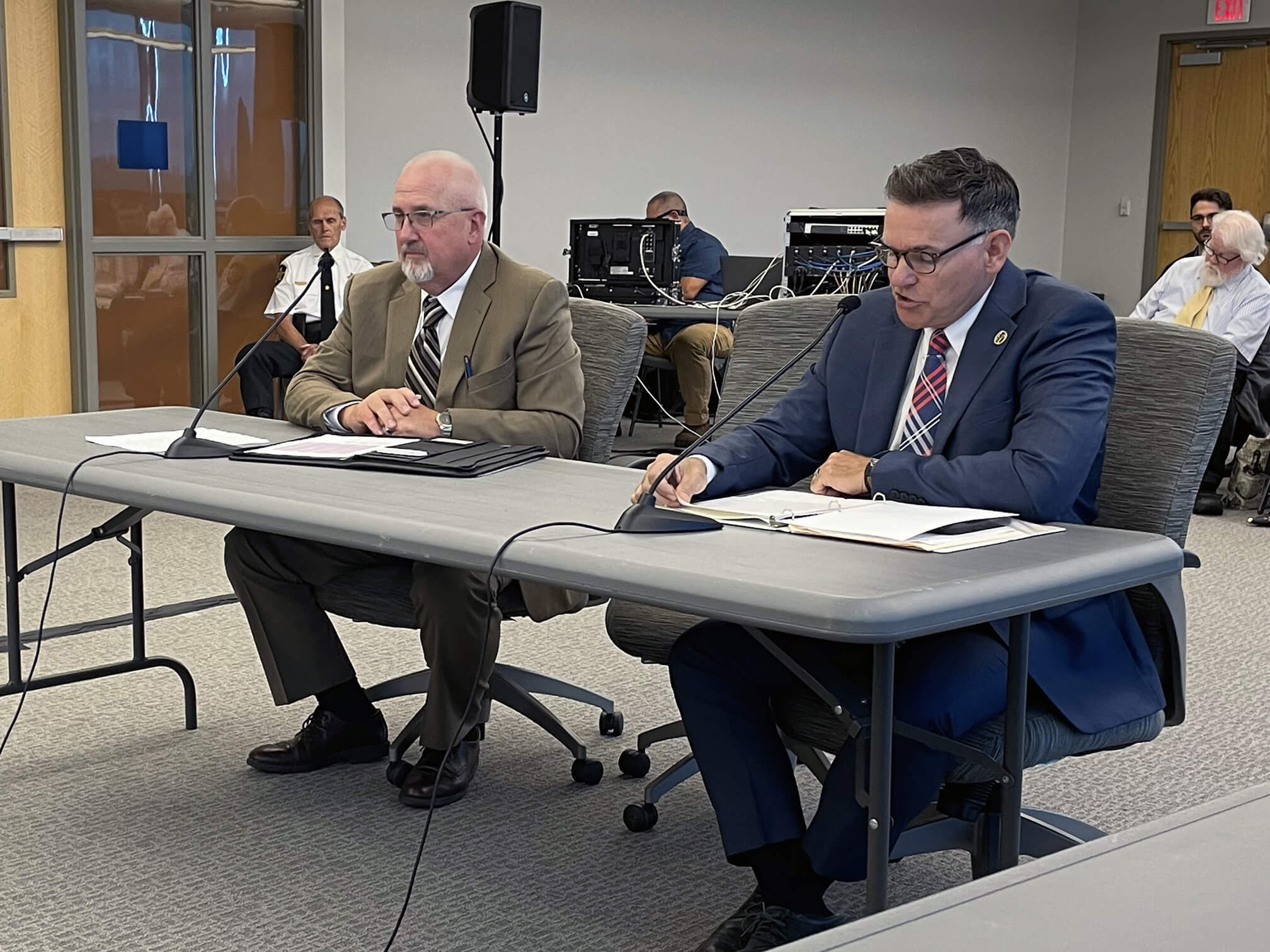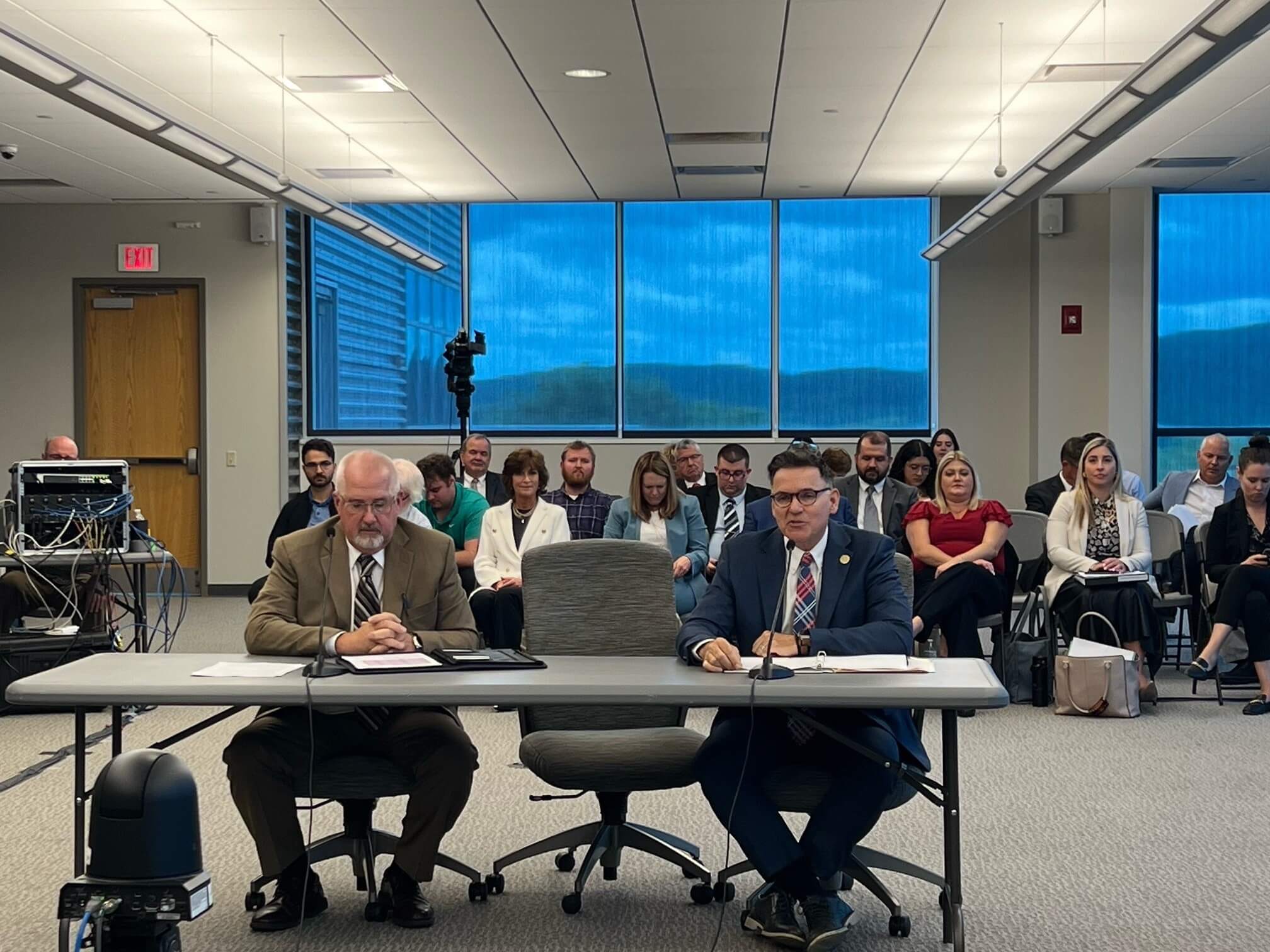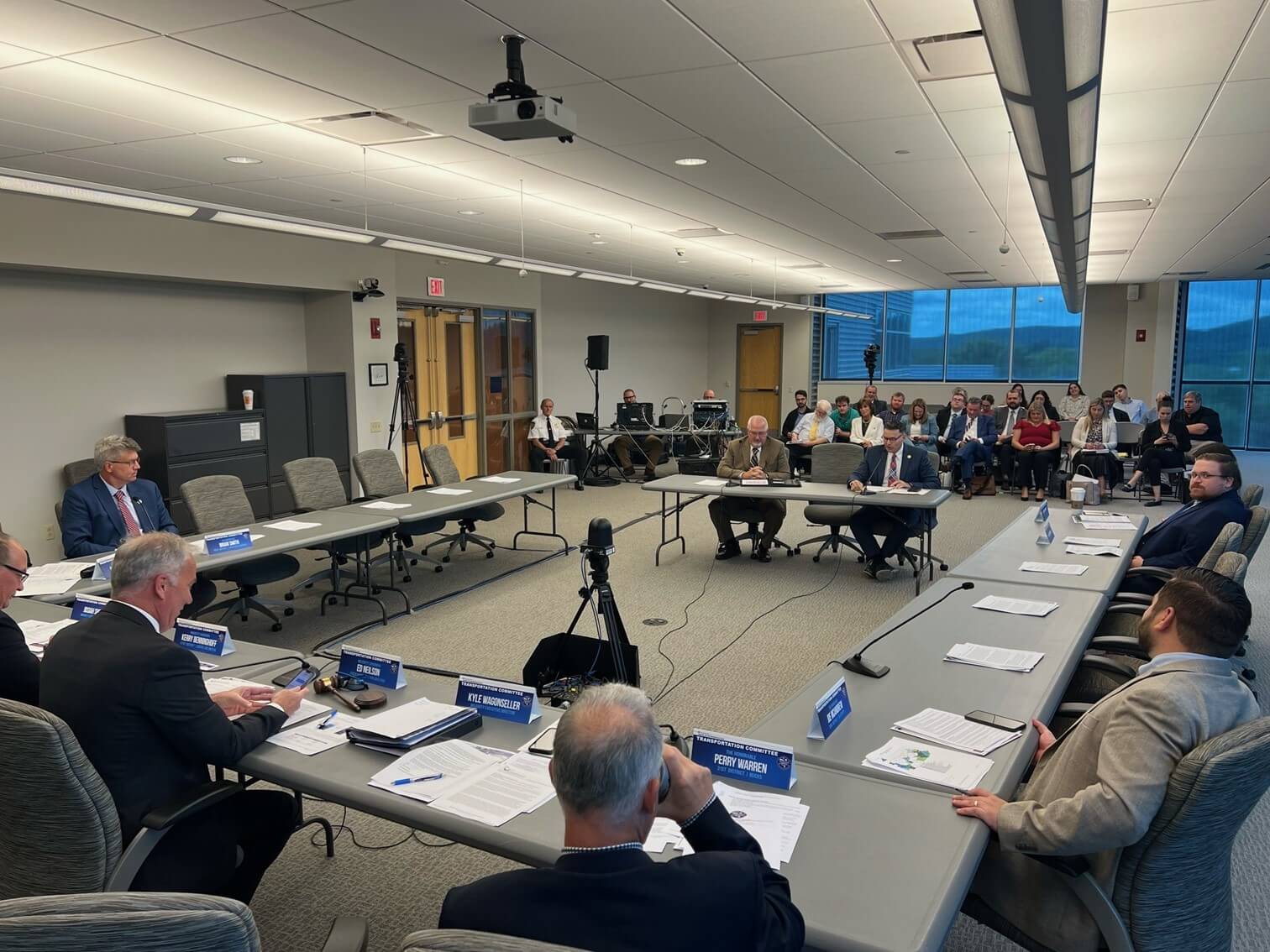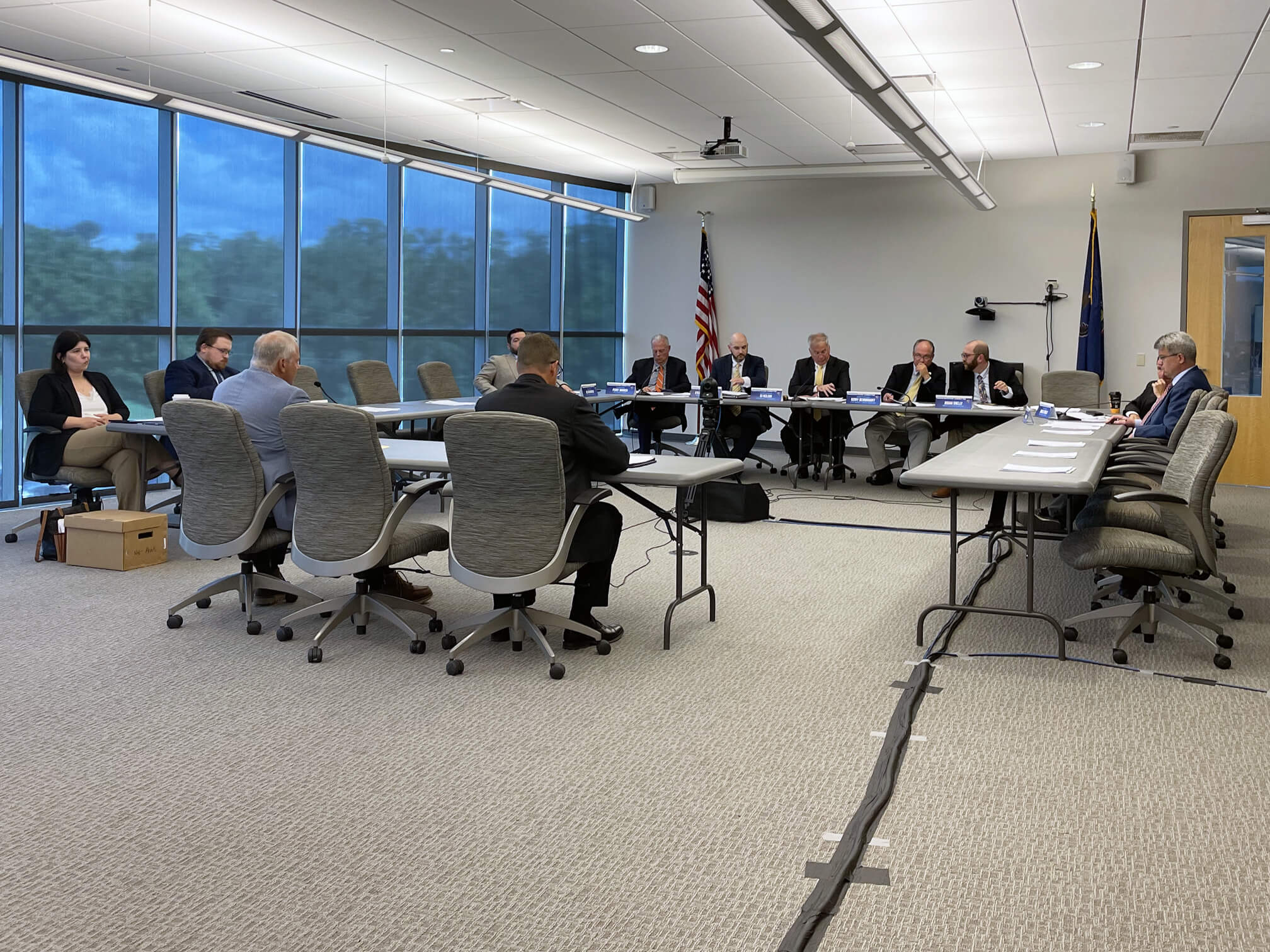
August 22, 2024
lindsay@westmorelandchamber.com
Testimony given on August 21, 2024
Good morning. My name is Dan DeBone, President/CEO of the Westmoreland County Chamber of Commerce. I want to begin by thanking Majority Chair Ed Nelson, Minority Chair Kerry Benninghoff, and Secretary of Transportation Mike Carroll for the opportunity to share my thoughts on how we can move Pennsylvania forward by investing in our roads, bridges, and transit systems.
As the leader of the second-largest Chamber of Commerce in Southwestern Pennsylvania, representing over 1,000 members—including self-employed individuals, small businesses, over 100 non-profit organizations, and large corporations—I can attest to the critical importance of efficient public transportation and safe, reliable roads and bridges. These infrastructures are not only vital links to employment and educational opportunities but are also fundamental to the economic success and well-being of our region and all Pennsylvanians.
Before becoming President/CEO of the Westmoreland County Chamber of Commerce, I spent 26 years advocating for transportation funding. During that time, I built strong relationships with many of the exceptional individuals you will hear from today, including Jason Wagner from the Associated Pennsylvania Contractors, John Kanyan, Executive Director of Indiana County Transit, members of the Keystone Coalition, and Secretary of Transportation Mike Carroll. Secretary Carroll has a deep understanding of the need for reliable, predictable, and growing sources of transportation funding, given his legislative experience with key efforts such as Act 44 under the Rendell Administration and Act 89 under the Corbett Administration—one of the most comprehensive transportation funding legislation in our state’s history.
Despite the progress made over the past two decades, particularly in public transportation—where economic activity from transit generates $5.4 billion annually and supports 39,000 jobs across the Commonwealth—our infrastructure funding faces significant challenges. For example, Westmoreland County has experienced a population decline of over 10,000 residents in the past decade. While natural deaths outpacing births is part of the issue, our younger population often cites the lack of affordable and efficient mobility options as a key barrier when deciding where to live, work, and play. With the expiration of Act 89 and the soon-to-expire COVID relief funding, our small urban and rural transit systems are facing severe cuts, leading to a "death spiral" that will drive more residents and employers away from our county and the state.
One immediate action that state legislators can take is to advance Senate Bill 597 and House Bill 1914. These bills would provide predictability in capital funding and increase local control in transit decisions without raising new revenue. They would also ensure that rural transit authorities are prioritized in receiving essential federal 5311 dollars, allowing them to plan, budget, and spend these funds efficiently and effectively to support rural residents who rely on public transportation for work, shopping, worship, and more.
In Westmoreland County, 172,000 employed individuals from approximately 355,000 residents rely on various industries, with manufacturing being our region's second-largest employment sector, providing jobs for over 26,000 people. This sector produces and ships a wide range of products—from custom carbide supplies and compressors to steam turbines and advanced control systems—across the country and the world. The efficient movement of these goods depends on safe and dependable roads and bridges. However, Pennsylvania’s infrastructure, which received a "C" grade in 2022, has not seen funding keep pace with inflation, threatening the future of our economy and communities.
According to a recent National Transportation Research Group (TRIP) report, 13% of Pennsylvania's locally and state-maintained bridges are rated in poor condition, including 12% of bridges in the eight-county greater Pittsburgh area. These 510 bridges carry nearly 1.2 million vehicles daily, posing significant safety risks and economic challenges.
Investing in our infrastructure isn’t just about maintenance; it’s about securing a future where our industries can thrive, our communities can grow, and our economy can remain competitive. The failure to adequately fund and maintain our infrastructure will result in higher costs for state and local governments, reduced safety, hindered economic prosperity, and increased burdens on taxpayers.
On behalf of the Westmoreland County Chamber of Commerce, our board, and our 355,000 residents, I commend the support for Governor Shapiro’s recent increase in the allocation of sales tax to the Public Transportation Trust Fund (PTTF) by 1.75%, and the $51 million investment from the multimodal transportation fund supporting 66 transportation projects across 32 counties. Additionally, initiatives like removing state police funding from motor license allocations are positive steps, but they are not enough.
The time for action is now to address the Commonwealth’s current and future needs for public transit, roads, and bridges—by ensuring that future funding streams are predictable, reliable, and most importantly growing..




